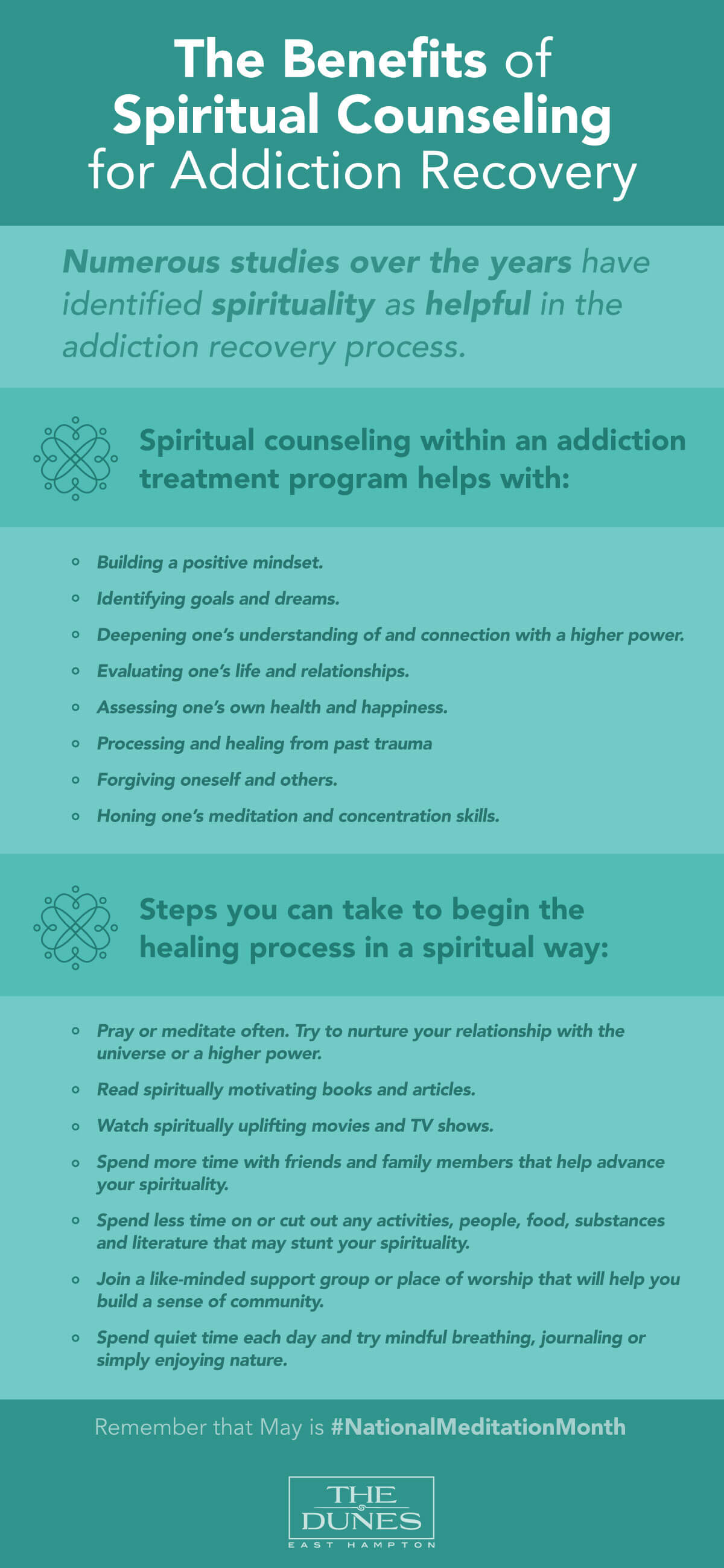Discover The Secret To Developing A Robust Aftercare Strategy Adhering To Drug Recovery And Unlock The Door To Continual Success
Discover The Secret To Developing A Robust Aftercare Strategy Adhering To Drug Recovery And Unlock The Door To Continual Success
Blog Article
Content By-Clarke Have
You've completed drug rehabilitation, and currently it's time to develop an effective aftercare plan to guarantee your long-lasting recovery.
Picture this: you're an individual determined to remain tidy and develop a satisfying life. This post will guide you with recognizing recurring support group, incorporating treatment and therapy, and creating healthy coping devices.
With these approaches, you'll be equipped to thrive in your trip of sobriety.
Let's begin.
Identifying Ongoing Assistance Equipments
You ought to identify at the very least 3 recurring support systems to make sure an effective recuperation after drug rehab.
The very first support group is your friends and family. They can provide emotional support, support, and aid you remain liable. Get the facts can also supply a risk-free and understanding setting where you can share your battles and success.
The 2nd support system is your specialist or counselor. They can aid you overcome any type of underlying concerns that might have contributed to your addiction and supply advice on how to prevent regression. They can also educate you dealing mechanisms and healthy and balanced ways to handle tension.
The third support group is a support system or a sober area. Being surrounded by others that are undergoing comparable experiences can be exceptionally helpful. They can offer a feeling of belonging, understanding, and deal beneficial recommendations and support.
Incorporating Therapy and Therapy
To attain an effective recuperation, it is very important for you to actively join treatment and therapy sessions, in addition to integrate them right into your recurring support systems. By doing so, https://www.addictioncenter.com/news/2021/07/drug-use-peaks-after-50-year-war-on-drugs/ can maximize the benefits of these therapy techniques and increase your possibilities of preserving long-term sobriety.
Here are some essential reasons incorporating therapy and therapy into your aftercare plan is crucial:
- ** Emotional Support: ** Treatment and therapy offer a risk-free area for you to express your ideas, feelings, and battles pertaining to your dependency. It permits you to overcome any unresolved concerns and develop healthy and balanced coping devices.
- ** Relapse Prevention: ** These sessions equip you with the required devices and approaches to avoid regression. They help you identify triggers, create dealing abilities, and develop a strong structure for handling food cravings and tension.
- ** Personal Development: ** Treatment and therapy help with personal growth and self-discovery. They help you acquire understanding into the underlying causes of your dependency, enhance self-confidence, and create healthier connections.
Establishing Healthy And Balanced Coping Devices
Throughout therapy and therapy sessions, it's vital to proactively work on establishing healthy and balanced coping mechanisms in order to efficiently handle stress and anxiety and difficulties.
You need to recognize and recognize your triggers, those things that trigger you distress or anxiety. By identifying Suggested Online site , you can establish techniques to manage them in a healthy way. This may involve exercising deep breathing workouts, engaging in exercise, or locating an innovative outlet to share your emotions.
It is essential to also border on your own with a strong support system of friends and family that can give encouragement and assistance.
In addition, self-care tasks such as getting enough sleep, eating well, and practicing leisure techniques can significantly add to your overall health.
Conclusion
In the journey in the direction of recovery, developing a successful aftercare plan resembles often tending to a delicate yard. Equally as a gardener supports each plant with care and attention, so also should one cultivate continuous support group, incorporate therapy and therapy, and create healthy coping mechanisms.
By doing so, the seeds of recuperation will certainly blossom into a growing yard, offering a strong structure for a brighter, drug-free future.
